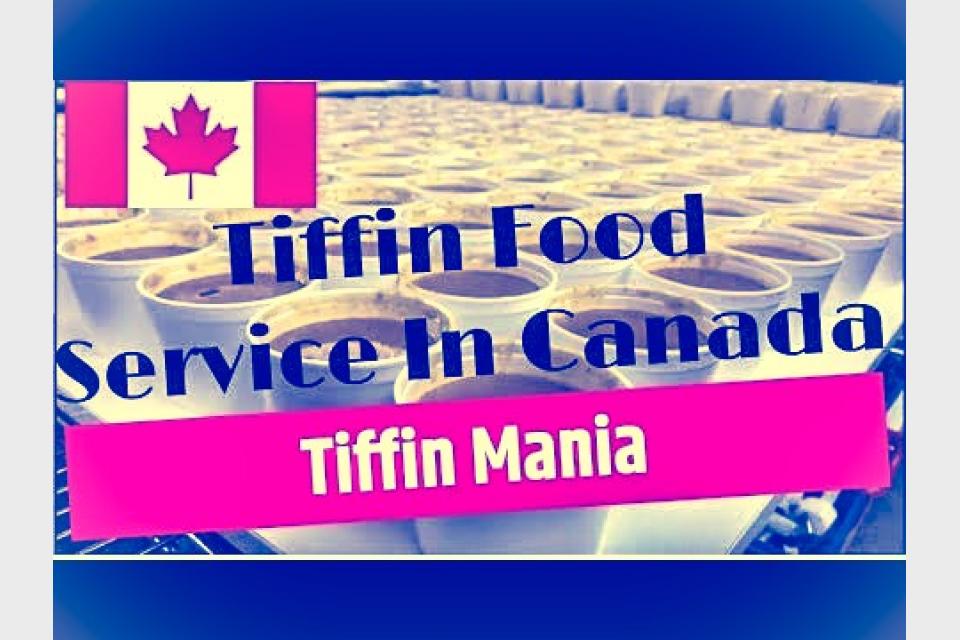Along with a record number of immigrants, the humble concept of the dabbawalla has also migrated to Canada, as a Toronto-based startup has launched an app to provide this service.
Simply called Tiffin Service, these meals are part of the larger Pumpkin Kart platform, which is attempting to satiate the appetite of new immigrants for food and groceries offering a taste of home.
Tiffin Service was launched in May by Pumpkin Kart (PK), offering lunch or dinner plans to subscribers, covering a variety of cuisine including that from Kerala, Punjab or Gujarat, among others.
As immigration burgeons, “this is the right time to be in the market”, according to Pumpkin Kart’s CEO Philip Correya. The service, still nascent, is available in the Greater Toronto Area at this time and he pointed out, approximately 60% of the population of Toronto comprises immigrants, and of that figure, almost half could be those with roots in India.
It has tied up with multiple restaurants to use their Health Canada-certified kitchens, which lie unused after midnight. That’s when the home chefs that have partnered with Pumpkin Kart enter these professional kitchens and start preparing the meals to be delivered the next day to consumers.
Correya said the concept will taken to areas beyond the GTA in the near future. In fact, one of the ideas they plan on introducing is allowing families in India to purchase these monthly meal packages for their relatives in Canada, like parents wanting to ensure their children remain well fed while in the country.
The idea for the parent PK, launched in May 2020, came to Correya from his own experience as a student living in downtown Toronto and having an “accessibility problem” to Indian food. Such items were limited to eateries in “certain hubs” in the city with large populations of Indian immigrants.
So, PK was an attempt to fill that gap and may have arrived at a time when such delivery demand grew because of the restrictions imposed due to the Covid-19 pandemic. Many restaurants only offered take-outs or deliveries which grew the market for app-based services. In addition, more and more immigrants from India, students or young professionals, were coming in already accustomed to a booming delivery culture back home.
But PK also made its presence felt offering advantages not associated with mainstream services like UberEats or DoorDash. As Arun Ramkumar, operations manager for the Toronto-based South Indian restaurant Desi Mane said, PK’s delivery radius is 30km, five times that of the others, giving them an expanded reach and a new clientele.
Also, as PK’s adviser Vijay Thomas said, “We have the advantage of knowing our customer segment very well.” That means offering some rare items, like Mandakini, desi hooch, which is illegal in India, but is legally brewed at a distillery in Vaughan in Ontario. Or, even paan-flavoured chocolate.
Thomas said the vision is to turn PK into a “superapp for ethnic products”, a platform that can offer not just food, alcohol, groceries, but even clothes and ayurvedic cosmetics.









